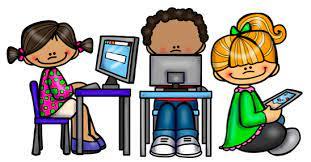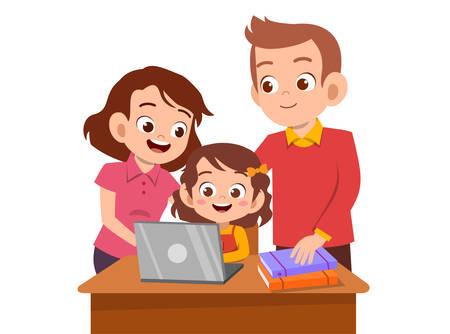Child Safety
Safe Environments

Child Safety
Safe Environments
When the news of COVID started, who would have thought it would still impact our lives today?
With numerous lockdowns, social distancing and remote learning, schools are now facing some challenging times with children who have missed out on regular social interactions and the opportunity to grow their social skills.


Many children have also struggled to adjust to being back in the classroom. Psychologists are finding that while some children have been happy to return, others have struggled with anxiety regarding returning to regular school settings.
Across the education system, teachers are seeing a lot more of:
For many children, the lack of practice in interacting with different personalities and problem-solving means that minor disagreements tend to escalate a lot quicker now.
Our job as educators is to encourage children to interact in healthy and enjoyable ways. Every child needs to feel supported, valued and respected.
One way that teachers can find out how children are really feeling about things is through a tool called a sociogram. Sociograms help to identify children who may be socially isolated and in need of some help to build social connections. Often sociograms simply confirm what we already know. At other times, they provide valuable information about the classroom climate and friendship dynamics.
Over the past couple of weeks, Ms Drossaert and I have been using a sociogram to interview the senior students to find out what they think and feel about their classrooms, their classmates and their behaviours.
It has become apparent that some students are struggling in this space.
As a result, teachers will be working across the school to put in some initiatives to help build connectedness and foster the foundations for calm, safe and compassionate classrooms in which children learn and flourish through positive relationships.


You may have noticed some of these impacts if you're a parent. The best thing you can do is continue to help your children to develop their social and problem-solving skills at home:


It is important to remember that we have all been through a lot over the last couple of years. The good news is that children are resilient, and with patience, modelling, and support, most will return to where they would have been just fine.
Pauline Moran
Learning and Teaching Leader